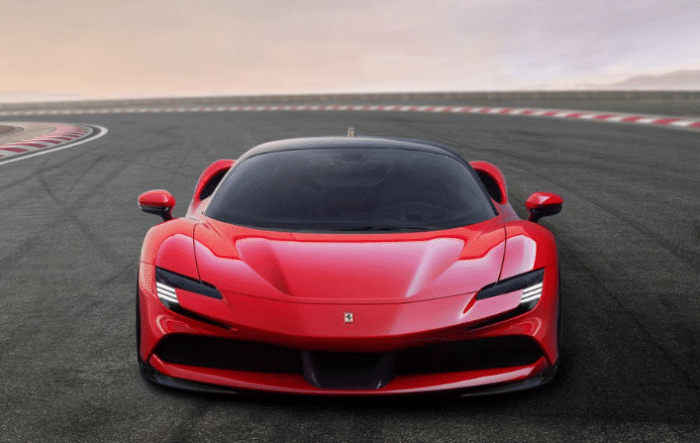There are various reasons why people buy luxury goods and items. But the primary reason remains that of experiencing a rise in self-esteem and providing a sense of accomplishment.

With a plethora of brands in the market to choose from, not all classify as luxury brands, inspite of the fact that they serve the same purpose.
So, what are the factors that make a brand, a luxury brand? It all boils down to specific features, some of which are listed below.
1. Remarkable Artistry and Technique

Machine work is perceived to be cheap, easy and always in stock. However, hand crafted items using superior quality materials, that are difficult to imitate using machines, requires skill that adds durability and craftsmanship to the product.
For example, watchmaking at Audemars Piguet is a not just a process, but a legacy secret that is passed on from one generation to another with utmost care since 1875.
Also, a Birkin handbag requires three days of labor by the craftsman who has worked at Hermes for at least two years.
2. A Powerful Brand Identity

A brand’s values reflect on what is important for them and facilitate making decisions. For luxury brands, a strong brand identity and value system helps their good’s stand out in a crowd, reflecting its personality and aura.
For example, Tiffany is thought to be the most romantic symbol of love. A Mikimoto necklace is a symbol of elite with royals also adorning them on special occasions.
3. The Perception of Scarcity

This is a cardinal rule for luxury goods and comes from the idea that ‘supply must never outgrow demand’. This is because luxury cannot be affordable to everyone.
When brands are shown to be in demand but scarce in supply, it increases their value perception. This makes audiences identify themselves with a different class of users and the brand projects itself as a hard to get exclusive one.
For example, the Urus range of Lamborghinis has a waiting period of 18 months. The Rolex Daytona and Patek Phillipe Nautilus have a waiting period of up to 10 years too.
4. Using Public Figures for Endorsements

Customers identify with and aspire to be like celebrities and noted public figures. Endorsements by known faces boosts brand awareness and a sense of trust, that have a major role to play in buying decisions.
They communicate their personal brand and also contribute to lending character to the brand. For example, Roger Federer is synonymous with Rolex. And recently Gucci onboarded Ali Bhatt as their global brand ambassador.
5. An Unforgettable Shopping Experience

The store experience at Mercedes outlet is guaranteed to provide a sense of elation and a high rise in self-esteem. Similarly, shopping for an engagement ring at Cartier makes the beginning of a new journey even more memorable.
Shopping experiences like these helps create a strong connection between the brand and its consumers. While the pandemic forced many to go online, luxury brand shopping is fueled by interactions and experiencing their goods with all their physical senses.
An unforgettable shopping experience, whether online or offline is fueled by exceptional customer service, which goes a long way in building trust and positive associations.
Apart from these, there are many other factors that define a luxury brand- exceptional product performance, innovation and creative expression and brands need to work hard on every single factor to be classified as a luxury brand
As it is said, the title of a ‘luxury brand’ isn’t given, it is earned.
















